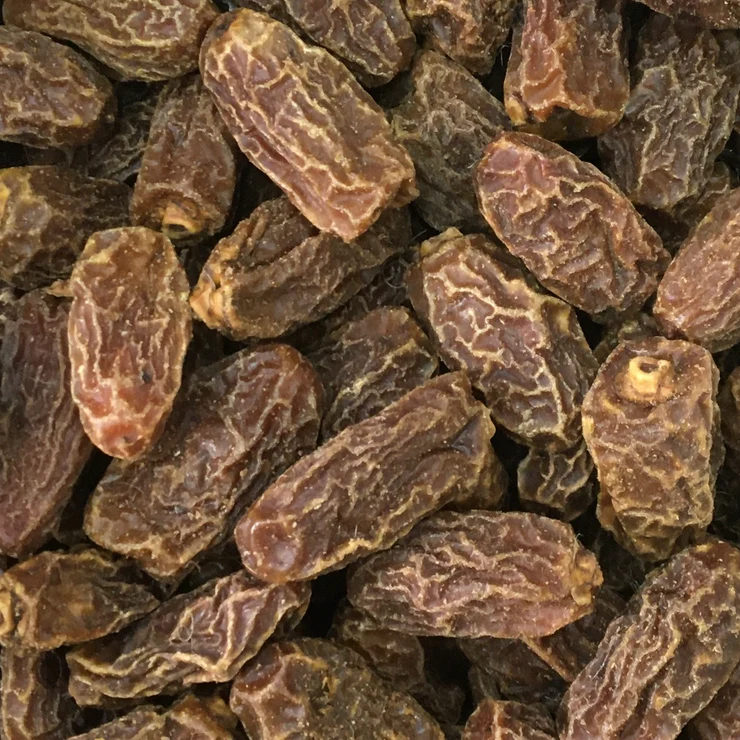Overview of Cashews
Cashews, derived from the cashew tree (Anacardium occidentale), are native to Brazil but are widely grown in tropical regions such as Africa, India, and Southeast Asia. The cashew nut is encased in a shell attached to the cashew apple, which is also edible. Cashews are prized for their rich, creamy flavor and are consumed in various forms, including roasted, salted, or used in cooking and baking.
Nutritional Profile of Cashews
Cashews are packed with essential nutrients, including:
- Healthy Fats: Predominantly monounsaturated fats (MUFAs).
- Protein: Around 5 grams per ounce (28 grams).
- Vitamins: Vitamin E, K, and B6.
- Minerals: Magnesium, copper, zinc, iron, phosphorus, and manganese.
- Antioxidants: Polyphenols and carotenoids.
- Fiber: Provides digestive benefits.
Benefits of Cashews
Heart Health
Healthy Fats: Cashews contain monounsaturated fats (similar to those in olive oil), which help improve heart health by reducing bad cholesterol (LDL) and increasing good cholesterol (HDL).
Magnesium: Regulates blood pressure and supports heart function.
Weight Management
Satiety: High in protein and fiber, cashews help you feel full, reducing overall food intake.
Healthy Fat Source: Promotes fat metabolism, which may assist in weight management when consumed in moderation.
Bone Health
Rich in Magnesium and Copper: Both are essential for maintaining strong bones and supporting the production of collagen, which benefits both bones and connective tissues.
Brain Health
Healthy Fats and Antioxidants: Cashews support cognitive function, improve memory, and reduce the risk of age-related neurological conditions.
Iron: Helps with oxygen flow to the brain, improving concentration.
Supports Immune Function
Zinc and Antioxidants: Cashews enhance immune system functioning by promoting the production of immune cells and combating free radicals.
Skin Health
Copper: Essential for collagen production, which keeps the skin firm and youthful.
Antioxidants: Combat oxidative stress, reducing signs of aging and promoting glowing skin.
Eye Health
Zeaxanthin: An antioxidant present in cashews, helps protect the eyes from harmful UV rays and lowers the risk of cataracts and macular degeneration.
Improved Digestion
Fiber: Cashews help regulate the digestive system by promoting bowel regularity and preventing constipation.
Side Effects of Cashews
While cashews offer many benefits, they can have some side effects, especially when consumed in excess or if you have specific sensitivities:
Allergic Reactions
Cashews are tree nuts and can cause allergic reactions in some individuals. Symptoms can range from mild itching or hives to severe anaphylaxis.
High Calorie Content
Cashews are calorie-dense, so consuming them in large quantities can contribute to weight gain. Moderation is key, especially for those on a calorie-restricted diet.
Kidney Stones
Cashews contain oxalates, which can contribute to the formation of kidney stones in susceptible individuals. Those prone to kidney stones may want to limit their intake.
Excess Sodium
Salted or roasted cashews may have high sodium content, leading to water retention and high blood pressure. Opt for unsalted versions if you’re watching your sodium intake.
Digestive Issues
In some people, excessive consumption of cashews may lead to bloating, gas, or other digestive discomfort due to their fiber content.
How to Include Cashews in Your Diet
Raw or Roasted: Enjoy cashews as a snack, either raw or lightly roasted.
In Cooking: Use cashews in curries, stir-fries, and sauces. Cashew cream is a dairy-free alternative for creamy sauces and desserts.
In Baking: Add cashews to cakes, cookies, and granola for a nutty flavor.
Cashew Butter: A healthy alternative to peanut butter, ideal for spreads, smoothies, or baking.
Recommended Daily Intake
A serving of cashews is typically around 1 ounce (28 grams) or a small handful. This provides approximately:
157 calories
5 grams of protein
12 grams of fat (mostly unsaturated)
9 grams of carbs
Moderation is essential to enjoy the health benefits without overloading on calories.



